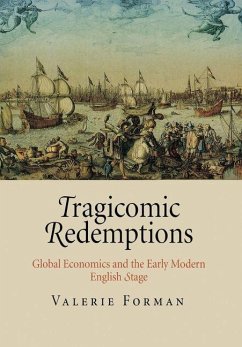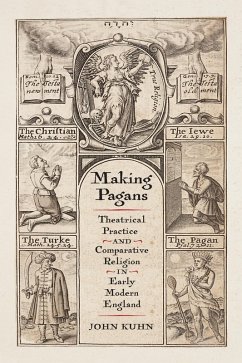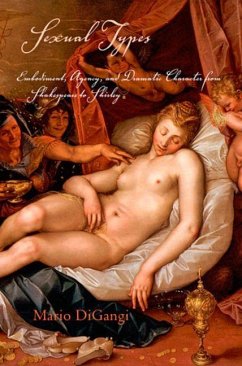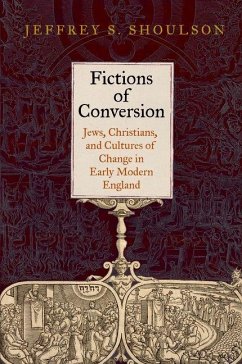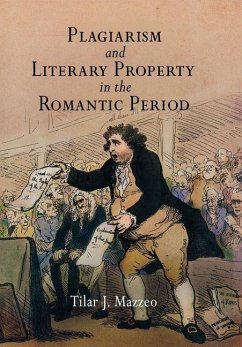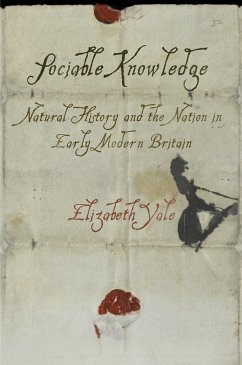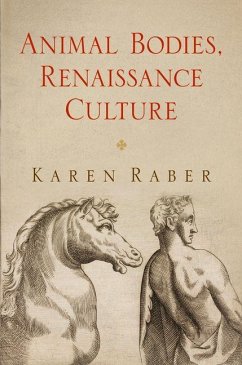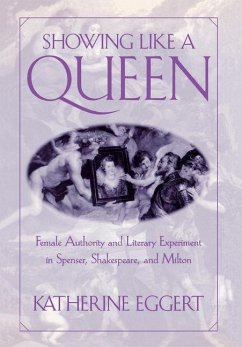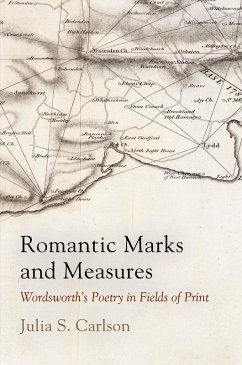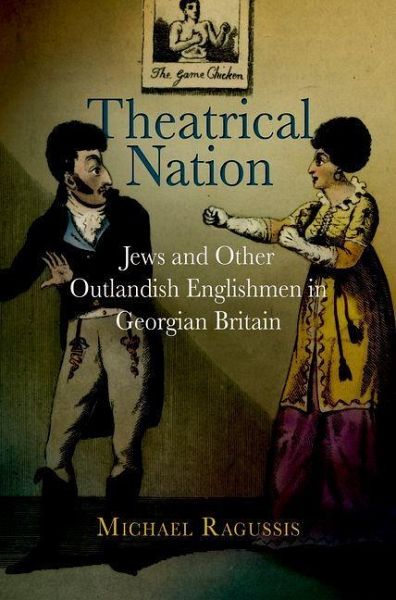
Theatrical Nation (eBook, ePUB)
Jews and Other Outlandish Englishmen in Georgian Britain
Versandkostenfrei!
Sofort per Download lieferbar
51,95 €
inkl. MwSt.
Weitere Ausgaben:

PAYBACK Punkte
26 °P sammeln!
Perhaps the most significant development of the Georgian theater was its multiplication of ethnic, colonial, and provincial character types parading across the stage. In Theatrical Nation, Michael Ragussis opens up an archive of neglected plays and performances to examine how this flood of domestic and colonial others showcased England in general and London in particular as the center of an increasingly complex and culturally mixed nation and empire, and in this way illuminated the shifting identity of a newly configured Great Britain.In asking what kinds of ideological work these ethnic figur...
Perhaps the most significant development of the Georgian theater was its multiplication of ethnic, colonial, and provincial character types parading across the stage. In Theatrical Nation, Michael Ragussis opens up an archive of neglected plays and performances to examine how this flood of domestic and colonial others showcased England in general and London in particular as the center of an increasingly complex and culturally mixed nation and empire, and in this way illuminated the shifting identity of a newly configured Great Britain.
In asking what kinds of ideological work these ethnic figures performed and what forms were invented to accomplish this work, Ragussis concentrates on the most popular of the "outlandish Englishmen," the stage Jew, Scot, and Irishman. Theatrical Nation understands these stage figures in the context of the government's controversial attempts to merge different ethnic and national groups through the 1707 Act of Union with Scotland, the Jewish Naturalization Bill of 1753, and the Act of Union with Ireland of 1800.
Exploring the significant theatrical innovations that illuminate the central anxieties shared by playhouse and nation, Ragussis considers how ethnic identity was theatricalized, even as it moved from stage to print. By the early nineteenth century, Anglo-Irish and Scottish novelists attempted to deconstruct the theater's ethnic stereotypes while reimagining the theatricality of interactions between English and ethnic characters. An important shift took place as the novel's cross-ethnic love plot replaced the stage's caricatured male stereotypes with the beautiful ethnic heroine pursued by an English hero.
In asking what kinds of ideological work these ethnic figures performed and what forms were invented to accomplish this work, Ragussis concentrates on the most popular of the "outlandish Englishmen," the stage Jew, Scot, and Irishman. Theatrical Nation understands these stage figures in the context of the government's controversial attempts to merge different ethnic and national groups through the 1707 Act of Union with Scotland, the Jewish Naturalization Bill of 1753, and the Act of Union with Ireland of 1800.
Exploring the significant theatrical innovations that illuminate the central anxieties shared by playhouse and nation, Ragussis considers how ethnic identity was theatricalized, even as it moved from stage to print. By the early nineteenth century, Anglo-Irish and Scottish novelists attempted to deconstruct the theater's ethnic stereotypes while reimagining the theatricality of interactions between English and ethnic characters. An important shift took place as the novel's cross-ethnic love plot replaced the stage's caricatured male stereotypes with the beautiful ethnic heroine pursued by an English hero.
Dieser Download kann aus rechtlichen Gründen nur mit Rechnungsadresse in A, D ausgeliefert werden.




